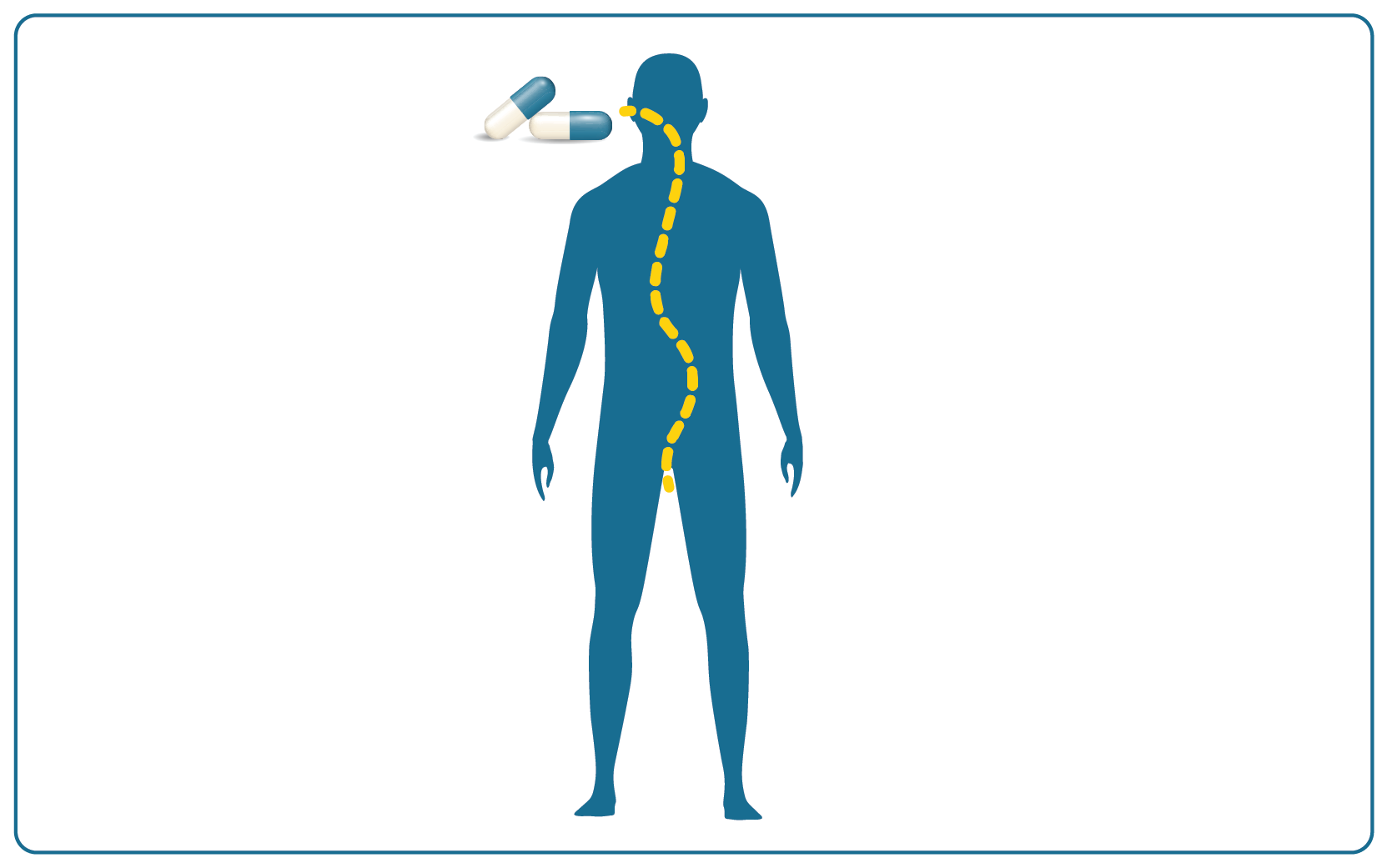Clinical pharmacokinetic studies evaluate drug absorption, distribution, metabolism, and excretion in healthy subjects or patient populations. Clinical pharmacokinetic (PK) testing is needed to design and perform subsequent clinical studies. PK analysis in clinical trials is necessary to evaluate the safety and efficacy of a new drug product during drug development and post-marketing evaluations.
The success of PK clinical trials depends on toxicological studies and non-clinical evaluations. The combination of non-clinical and clinical pharmacokinetic research is crucial for identifying appropriate dosages and conducting safe clinical studies. Bioanalytical laboratories such as PK CRO and PK labs offering bioanalytical solutions such as immunogenicity and cytokine assays focus on delivering reliable and accurate bioanalysis. The current article discusses the role of PK clinical trials in drug development.
Pharmacokinetic testing in clinical trials
Outcomes of PK clinical trials are used to identify appropriate dosage and application of therapeutics suitable to patient characteristics such as genotype of enzymes and the impact of pharmacokinetic drug interactions. Data on these characteristics can help in therapeutic drug monitoring. Besides, it is critical to determine the pharmacokinetic properties of individual subjects and their relation with adverse drug reactions and drug efficacy in each subject.
Phase 1 clinical trials focus on establishing dose range and safety in healthy volunteers. Pharmacokinetic studies assess drug absorption, distribution, metabolism, and excretion by the body. These parameters are determined by frequent blood withdrawals to check drug levels in blood plasma. PK clinical trials are usually considered phase 1 testing, irrespective of when they are performed during clinical testing. The dose range is identified by administering larger drug doses to study subjects to monitor harmful side effects. Here, the primary objective is to determine the maximum tolerated dose without unacceptable side effects.
Must Read: qPCR Expression Analysis: Probing Gene Expression with Quantitative PCR
Even after a drug candidate passes pre-clinical testing, the phase one clinical trials may still involve some risks. Generally, phase 1 clinical trials offer little to no benefits to the study subjects.
Hence, they are compensated for effort and time. However, phase 1 clinical trials for drug products for severe diseases and conditions often include the patient population. Phase 1 clinical trials take several months, and about 70% of candidate drug products pass this initial testing.
Any two investigational pharmaceutical drugs will vary in their pharmacological actions, physical and chemical characteristics, toxicity, pharmacokinetic properties, and applications in clinical practices. Hence, it is critical to implement the best pharmacokinetic testing plan for each drug product. When conducting PK clinical trials, drug developers should choose appropriate methods based on the inherent properties of the pharmaceutical drug and follow regulatory recommendations. Besides, PK clinical trials should take advantage of existing data from non-clinical and clinical studies. Not to mention, PK clinical testing may require additional studies. Hence, more efficiency can be achieved in drug development, thereby reducing unnecessary experiments.
Conclusion
Pharmacokinetic testing forms the basis of drug safety and efficacy. Hence, they play a significant role in pre-clinical and clinical testing. Notably, in some circumstances, pharmacokinetic studies can be conducted post-NDA submission or post-marketing.
